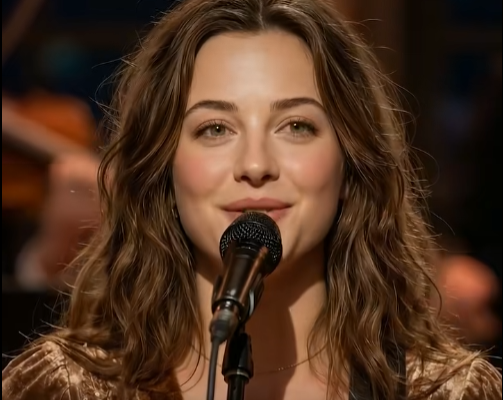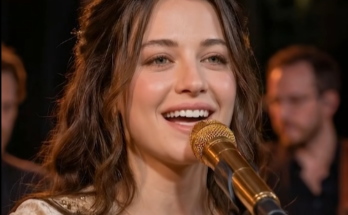Welcome to LoFiLulla — a warm, relaxing space where learning English meets the soul of music. 🎶✨
Here, every melody is more than just a sound; it’s a gentle guide that helps you grow your English skills naturally and enjoyably.
At LoFiLulla, we use the magic of AI-powered virtual artists to bring songs to life with emotion, clarity, and precision. Each performance is carefully crafted so every word is easy to hear, feel, and remember. The result is music that doesn’t just entertain — it teaches, comforts, and inspires.
We blend timeless song covers, soothing lo-fi beats, and beautifully written lyrics to create an immersive learning experience. As you listen, you’ll naturally improve your pronunciation, expand your vocabulary, and develop a stronger sense of rhythm and intonation in English. No pressure, no textbooks — just learning through feeling and flow.
Whether you’re studying late at night, relaxing after a long day, or enjoying a quiet morning with headphones on, LoFiLulla is designed to fit seamlessly into your daily life. The calm melodies help reduce stress, while the clear lyrics gently train your ear to understand English more confidently.
This channel is perfect for English learners who want a natural approach, dreamers who find comfort in music, and music lovers who enjoy meaningful sounds with purpose. Every track is an invitation to slow down, listen closely, and connect with the language in a deeper way.
With LoFiLulla, English becomes more than a subject — it becomes a feeling. One song, one word, one moment at a time, you’ll find yourself understanding more, speaking better, and enjoying the journey.



